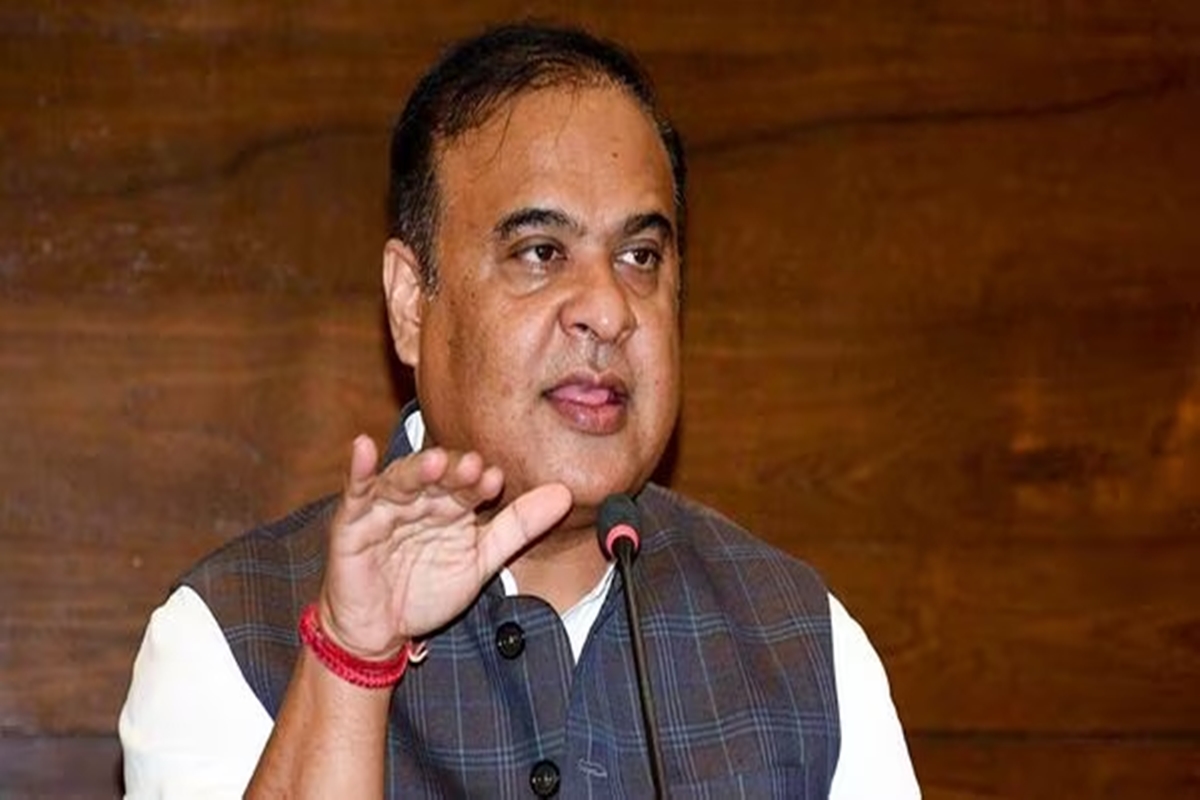The Assam government’s decision to amend the Assam Cattle Preservation Act, 2021, has drawn sharp criticism and ignited debates across the northeastern region and beyond. The amendment, which extends the prohibition on beef consumption to public places such as hotels and restaurants statewide, has highlighted the complexities of imposing a uniform policy in India’s culturally diverse landscape.
Cultural and political backlash in the northeast
Advertisement
Meghalaya has emerged as a vocal opponent of the amendment, with BJP MLA Sanbor Shullai leading the charge against the Assam government. Shullai has categorically rejected any possibility of similar measures in Meghalaya, citing constitutional guarantees of individual and cultural freedoms.
He emphasised that dietary choices, including beef, are integral to the cultural identity of Meghalaya and the broader Northeastern region. Shullai’s statement, “As long as I am alive, there will be no beef ban in Meghalaya,” reflects the deeply entrenched cultural resistance to such measures.
Similarly, Christian-majority states like Nagaland and Mizoram have long opposed beef bans, viewing them as an attack on their cultural practices. Leaders and civil society groups in these states argue that imposing such restrictions disregards the region’s diverse traditions and cultural autonomy.
Government’s justification and public criticism
Assam chief minister Himanta Biswa Sarma defended the amendment, asserting that it was intended to foster community harmony and respect religious sensitivities. The existing Assam Cattle Preservation Act already prohibits cattle slaughter and beef sales near Hindu-majority areas, temples and satras. The latest amendment broadens these restrictions, sparking accusations of overreach.
Critics argue that the move infringes on individual freedoms and is incompatible with the northeast’s pluralistic culture. Political analysts warn that the policy could deepen mistrust between the central government and the northeastern states, where ethnic and cultural identities are often intertwined with political autonomy.
The beef ban debate is not new to Indian politics. In recent years, similar restrictions have been introduced in BJP-ruled states such as Uttar Pradesh, Gujarat and Karnataka, reflecting the party’s Hindutva agenda.
These policies have often been framed as measures to protect cows, considered sacred in Hinduism, but they have also been criticised for marginalising religious and cultural minorities, including Muslims, Christians and Dalits.
However, the northeast presents a unique challenge. Unlike other parts of India, the region has a majority of beef-consuming communities, including Christians, Muslims and tribal populations, for whom cattle meat is a dietary staple and a cultural marker. This makes the imposition of a blanket beef ban politically sensitive and potentially counterproductive.
The controversy surrounding Assam‘s beef ban underscores the political tightrope the BJP must walk in the northeast. While the party has made significant inroads in the region in recent years, policies perceived as cultural impositions risk alienating key voter bases. Even within the BJP, leaders like Shullai have warned against such measures, arguing that they undermine the party’s prospects in the region.
The ideological divide is evident within the BJP and its parent organisation, the RSS. While the central leadership supports the beef ban as part of its broader cultural agenda, regional leaders and activists in the northeast emphasise the need for localised policies that respect cultural diversity.
Assam‘s beef ban is a microcosm of the broader tensions between India’s centralising tendencies and the cultural autonomy of its states.
For the BJP, the challenge lies in reconciling its national agenda with the region’s unique cultural fabric.
As debates over the amendment continue, the political fallout could influence the party’s standing in the northeast, a region where cultural identity often trumps ideological affiliation. Whether the BJP can navigate these complexities without alienating its regional allies and voter base remains to be seen.









